VA Sees Strong Use Cases for Expansion of Open APIs
Under Secretary Shereef Elnahal discussed stronger health networks and outcomes through its Veteran Interoperability Pledge effort.
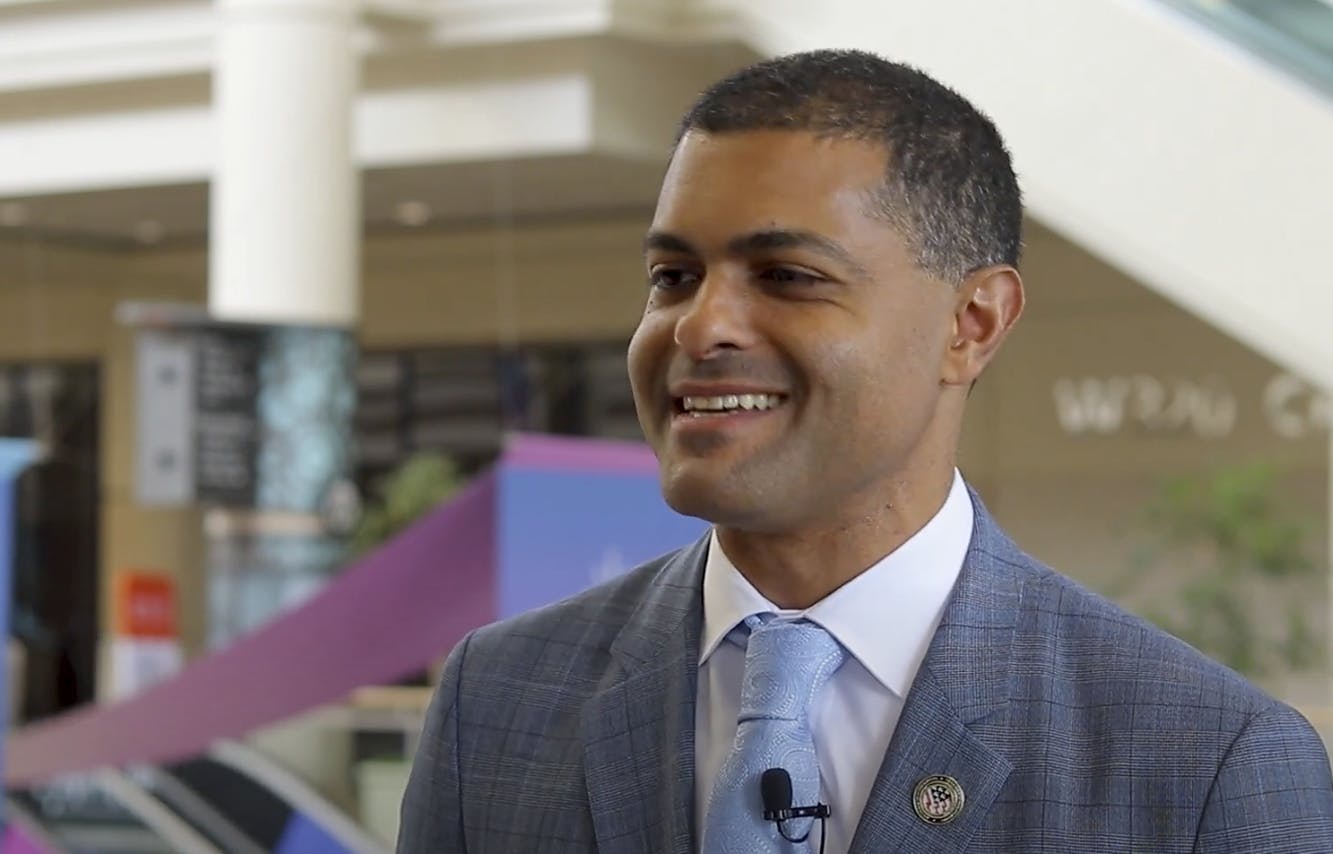
ORLANDO — Department of Veterans Affairs leadership said data-sharing efforts at the agency, like its application programming interface (API) network and interoperability developments, could serve as models for how the entire U.S. health care system can work together.
“What I can tell you is we are already saving lives with this. We are already helping veterans,” Under Secretary for Health Dr. Shereef Elnahal told attendees at the HIMSS conference in Orlando, Florida, Wednesday.
Elnahal was referencing the Veteran Interoperability Pledge program the agency launched last fall. So far, 13 health care systems have signed onto the program, which calls for partners to help the agency coordinate care for veterans through accessible and shareable data.
“Some of the best health care providers in the country have pledged to open APIs for them to query our veteran identifier API and for us to deliver value right at the point of care,” he said. “They’re helping us innovate and prove the case that these public-private partnerships can really impact public health.”
Elnahal sees APIs helping the agency better provide veterans with holistic health care, including those who receive care outside the VA. He also encouraged more health systems to join the pledge.
“We can’t be everywhere,” he said. “We rely on our health care system partners to deliver health care.”
David Mazik, director of developer experience for VA’s API ecosystem, Lighthouse, pointed to the fact that since third parties are developing the applications tapping into the API network, these partnerships are mutually beneficial.
“There’s a mutual incentive for these application developers to support and integrate with VA, but really bringing benefits to our veterans with really minimal incremental cost,” Mazik during a media roundtable at the conference. He added that the APIs are published and publicly available for developers to reference.
Elnahal sees tools like APIs as an enabler to still providing innovation and care to veterans even when funding and resources are limited.
“There are still ways that we can reach every veteran for missions like suicide prevention,” he told GovCIO Media & Research in an interview. “Connecting through our interoperable networks … will allow them to query our veteran identifier API so that [clinics] know whether they’re in front of a veteran, and then we can push all the information we have about new benefits and new opportunities for VA.”
This is a carousel with manually rotating slides. Use Next and Previous buttons to navigate or jump to a slide with the slide dots
-
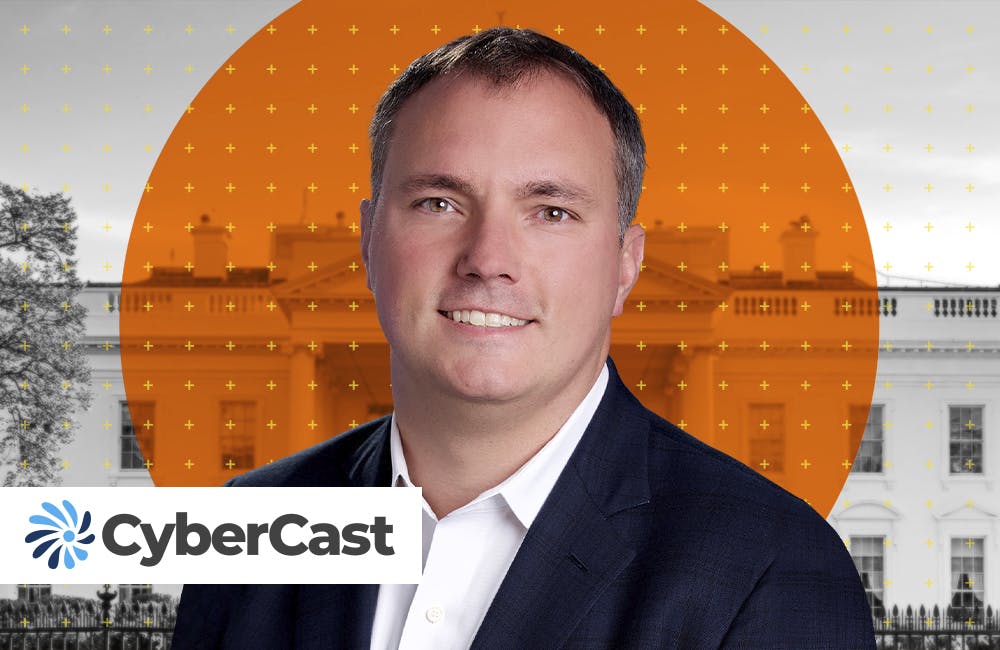
Cyber Resilience and Recovery Amid Evolving Cyber Threats
Data durability is a key aspect of NIST’s cybersecurity framework for public and private organizations.
21m listen -
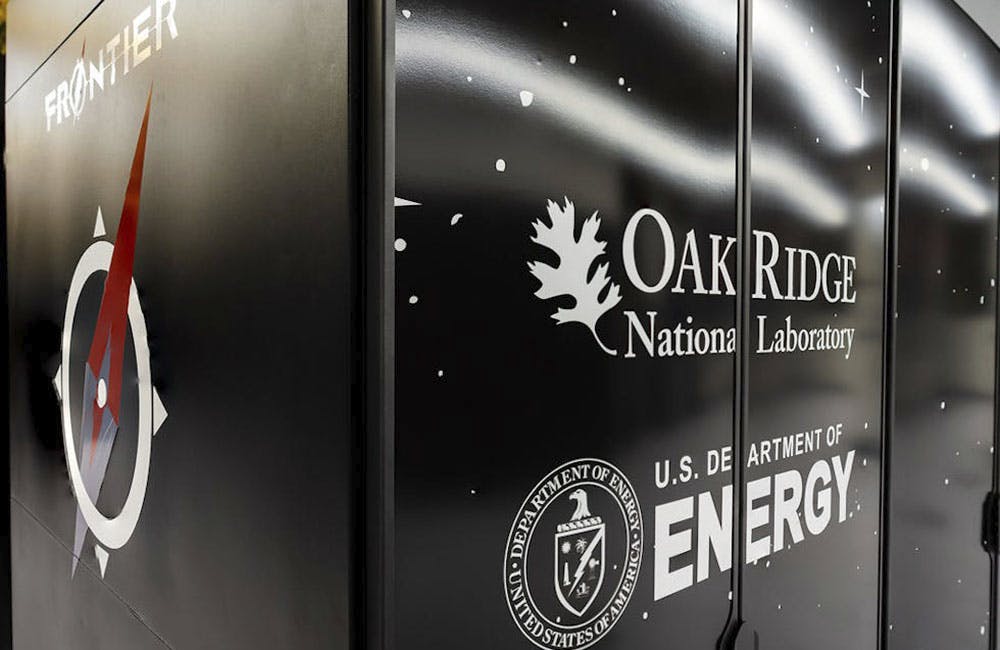
Energy Researchers Aim For Holistic Approach to AI Issues
A new center at the Oak Ridge National Laboratory is looking at under-researched areas of AI to better understand how to secure it.
2m read -
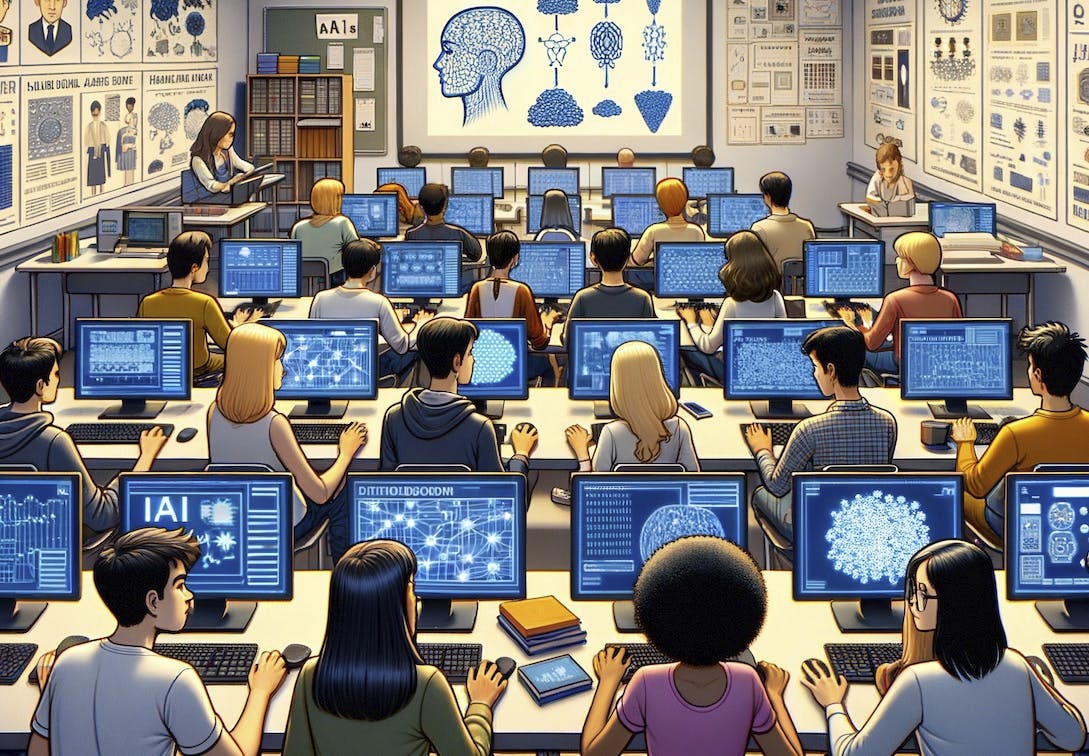
How Agencies are Upskilling the Workforce in AI
Federal officials are putting in place new training and education methods to ensure its overall workforce understands the technology.
3m read -
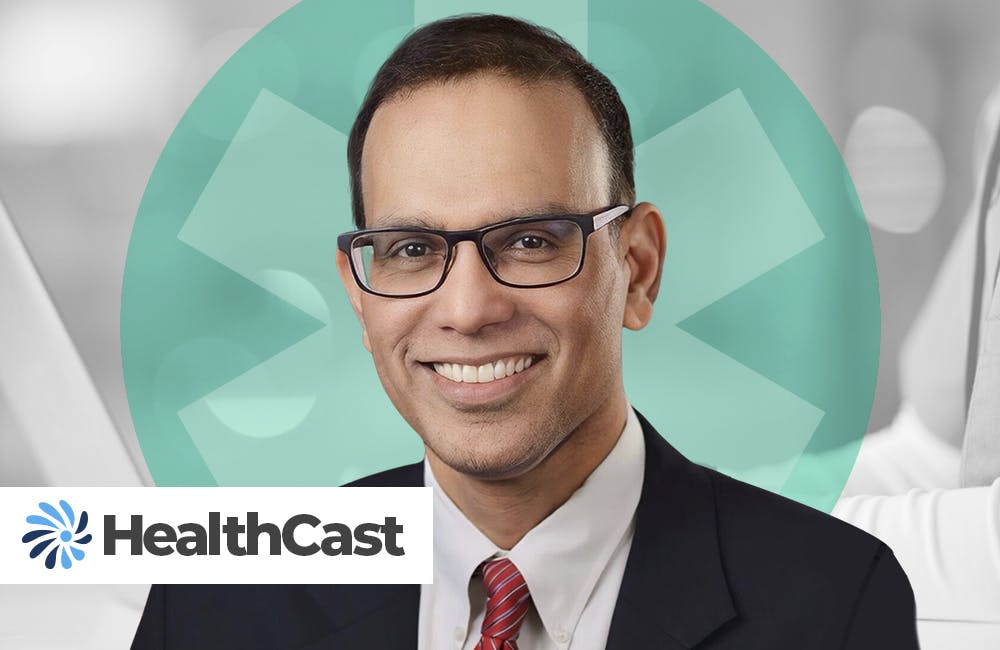
Building Better Data Governance Across FDA
The agency is using emerging technology to tackle its data challenges.
19m listen








